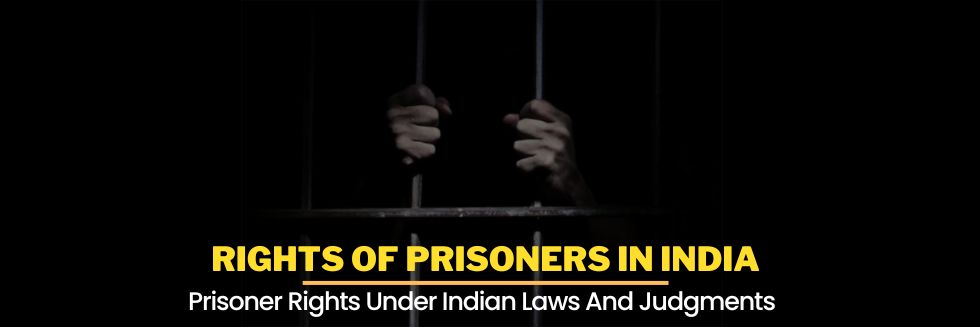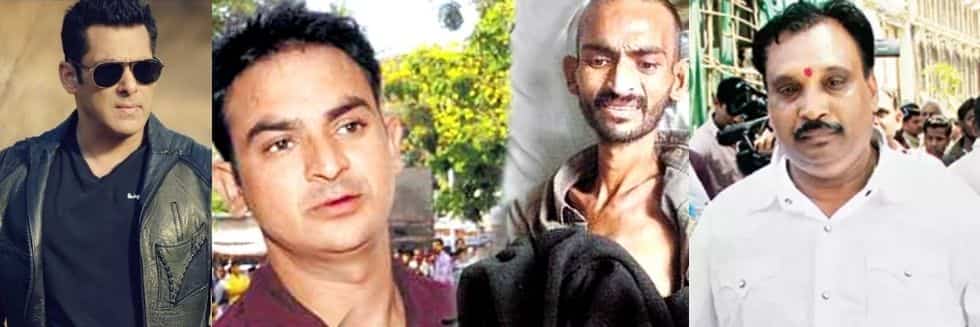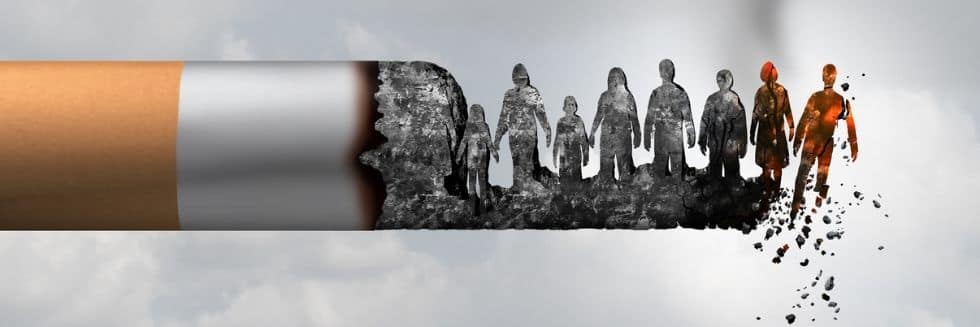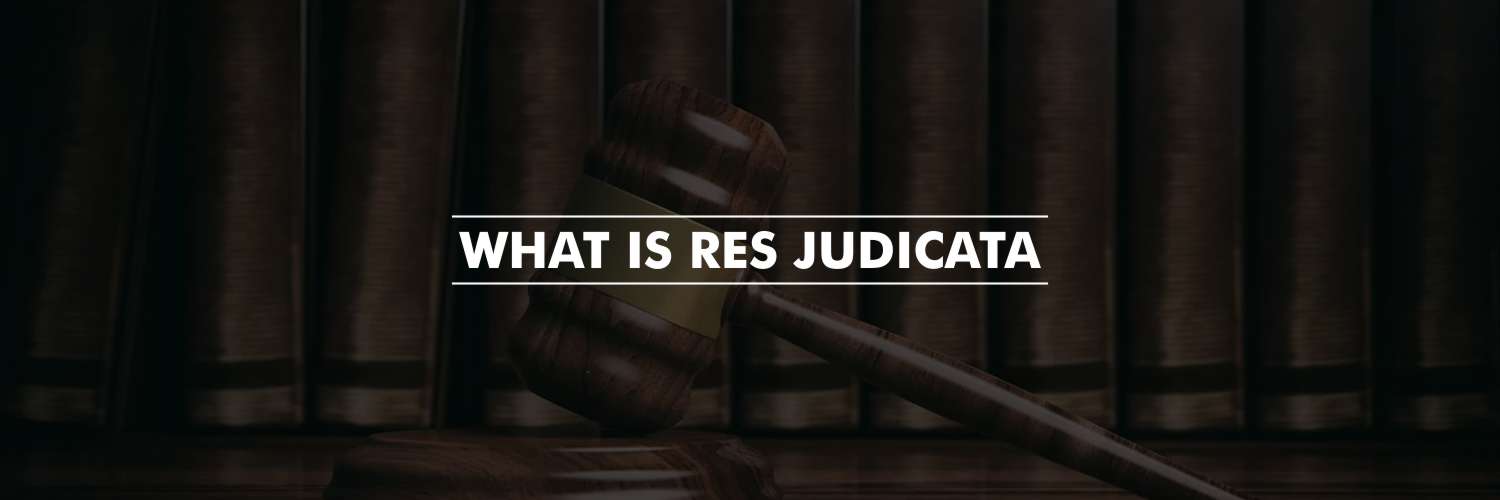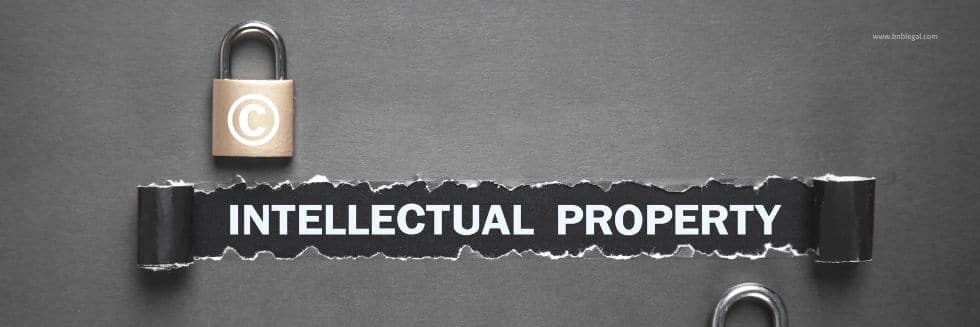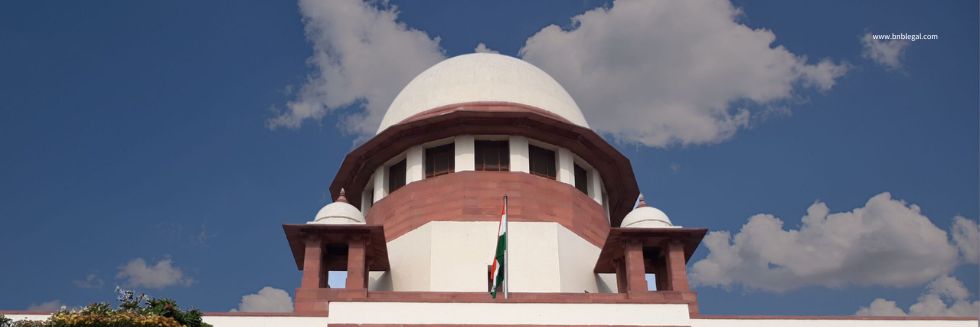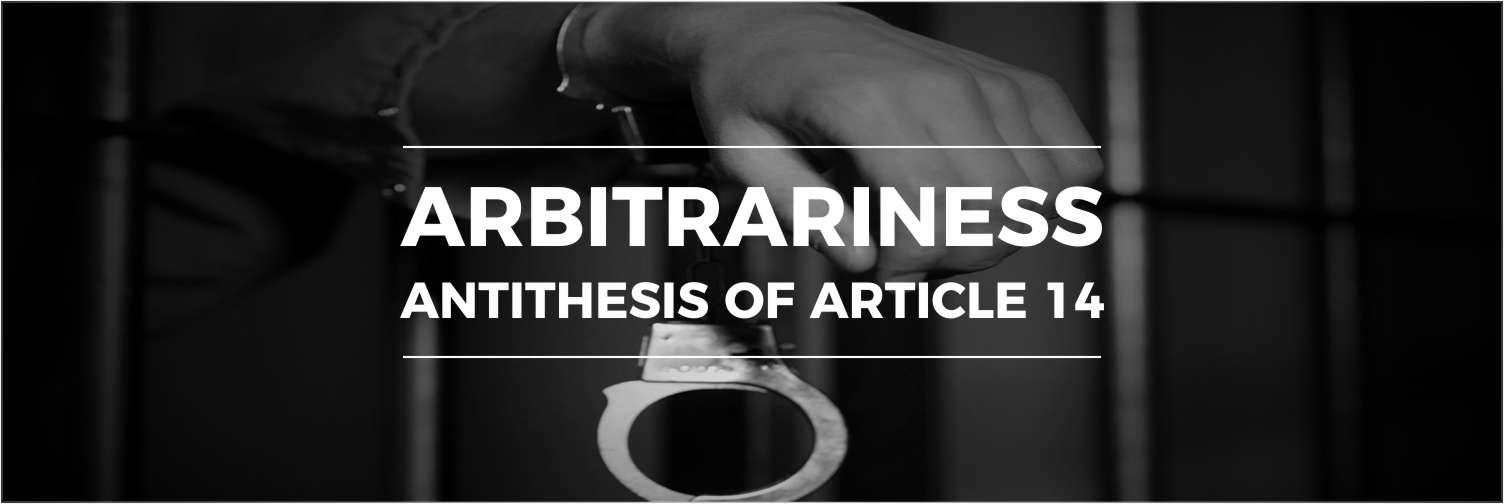A.K. Gopalan V. State of Madras
Facts of the Case
- The petitioner was detained under the Preventive Detention Act (Act IV of 1950)
- Under this Act, an action is taken to prevent the possible commitment of a crime beforehand. Thus it is an action taken on grounds of suspicion that some wrong actions may be done by the person concerned.
- The petitioner, under Article 32 of the Constitution, applied for his release from detention, on the ground that the said Act violates the provisions of Article 13, 19, 21 and 22 of the Constitution and was consequently ultra vires and therefore the detention was illegal.
Questions of Law
Whether the Preventive Detention Act 1950 contravenes the fundamental rights guaranteed under:
- Article 13: Laws inconsistent with FRs
- Article19: Right to Freedom
- Article 21: Right to Life and Liberty
- Article 22: Protection against arrest and detention
Decision
- The Court held that the Act does not curtail the detained person’s right to freedom guaranteed under the Fundamental Right mentioned under Article 19 of the Constitution.
- Separating Article 19 from Article 21, the Hon’ble court held that the protection given under Article 21 is general in nature, while Article 19 gives specific rights only to the citizens of India, while Article 21 is available to all persons.
- The Court explained that Article 22 empowers the Parliament to legislate on the matter of preventive detention. Under the same Article, clauses 3 to 7 impose a certain limitation on the laws relating to preventive detention.
- Any procedure prescribed under any validly enacted law cannot be held void unless it comes in conflict with Article 22 (4) to (7).
- The Court held that Articles 19, 21 and 22 are mutually exclusive and Article 19 was not to be applied to a law affecting personal liberty to which Article 21 is applicable.
- A law that affected life and personal liberty could not be declared unconstitutional just on the basis that it did not follow due process or lacked principles of natural justice. Therefore Article 21 provides no protection against the competent legislative action.
I.C. Golaknath V State of Punjab
Facts of the Case
- The Golaknath family owned 500 acres of farmland. The Government held that they could only keep a certain amount according to the Punjab Security and Land Tenure Act, 1953.
- The family filed a petition under Article 32 of the Indian Constitution on the grounds that their fundamental rights to acquire property and practice any profession under Article 19 were violated and that the amendment placing the Punjab Act in the schedule was ultra vires.
Questions of Law
- Whether an Amendment is a “law” under the meaning of Article 13(2), which prohibits laws that infringe fundamental rights?
- Whether fundamental rights can be amended?
Decision
- Article 368 of the Constitution merely contains the amending procedure. The power of the Parliament to make amendments emerges from the provisions of Articles 245, 246 and 248, which give it the power to make laws.
- Every amendment is a law and must pass the test of validity contained under Article 13(2) of the Constitution.
- Thus, an amendment that takes away or contravenes fundamental rights is void.
- The Court held that “Fundamental Rights are the primal rights necessary for the development of human personality. They are the rights, which enable a man to chalk out his own life in a manner he likes best. Our Constitution, in addition to the well-known fundamental rights, also included the rights of the minorities, untouchables and other backward communities, in such rights. After having declared the fundamental rights, our Constitution says that all laws in force in the territory of India immediately before the commencement of the Constitution, insofar as they are inconsistent with the said rights, are, to the extent of such inconsistency, void.”
- The Constitution also enjoins the State not to make any law which takes away or abridges the said rights and declares such laws, to the extent of such inconsistency, to be void.
- The only limitation on the freedom enshrined in Article 19 of the Constitution is that imposed by a valid law operating as a reasonable restriction in the interests of the public.
- Therefore, it will be seen that fundamental rights are given a transcendental position under our Constitution and are kept beyond the reach of Parliament.”
H.H. Maharajadhiraja Madhav Rao V. Union of India
Facts of the Case
- Over 48% of the area of pre-Independent India and around 28% of the population were made up of princely states.
- After Independence, the option given to these states was to either accede to India or Pakistan or remain Independent. In return for integrating with India, the princes were to be paid a Privy Purse.
- In 1970 the motion to abolish Privy Purses and the official recognition of the titles was brought before the Parliament.
- It was passed in the Lok Sabha but was defeated by one vote in the Rajya Sabha.
- A few hours later, V.V. Giri, the then president of India signed an instrument withdrawing recognition of all Rulers. This order was challenged in the Apex Court.
- Writ petitions were filed under Article 32 questioning the orders of the President and asking the Court to declare the notification abolishing privy purses as being against the Constitution and void.
- The contention of the petitioners’ was that abolishing of Privy Purses amounted to the deprivation of property as well as personal liberty. They also contended that the Government had acted in breach of fiduciary duty.
Questions Of Law
- The validity of the action of the President.
- Whether the Government acted in exercise of its sovereignty and whether this under Article 363, puts a bar on the Court from interfering to provide relief of any kind.
Decision:
- The Court held that ‘’There can be no paramountcy against a citizen of India and the Rulers today are not potentiates they were. They are citizens of India like other citizens albeit with some privileges and privy purses which other citizens do not get. That is an accident of history and with the concurrence of the Indian People in their Constituent Assembly. The power that has been exercised against them must, therefore, be justified under the Constitution and the laws and not by invoking a nebulous doctrine of paramountcy.’’
- Commenting on the act of the President the Court said that the President had acted ultra vires the Constitution. When, in the instant case, the Parliament refused to amend the Constitution, the President’s power did not extend that far by executive action. The attempt to remove Articles 291, 362 and 366(22) from the Constitution, without a hearing to the Rulers was in breach of the accepted principles of natural justice.
- The Court further held that the President is not invested with any political power transcending the Constitution, which he may exercise to the prejudice of citizens. The powers of the President arise from and are defined by the Constitution.
Kesavananda Bharati V. State of Kerala
Facts of the Case
Swami Sri HH Sri Kesavananda Bharati, head of the “Edneer Mutt” challenged the attempts of the Kerala government under two State Land Reform Acts to add restrictions to the management of its property. A petition was filed under Article 26, concerning the right to manage religiously owned property without the interference of the Government.
The Constitution was amended in 1971 -71 resulting in the following Acts being inserted into the 9th Schedule:-
- The Kerala Land Reforms (Amendment) Act, 1969 (Kerala Act 35 of 1969)
- The Kerala Land Reforms (Amendment) Act, 1971 (Kerala Act 25 of 1971)
The petitioner urged additional grounds and the amendment of the writ petition in order to challenge the Constitutional amendments.
Questions of Law
What is the extent of the amending power conferred by Article 368 of the Constitution, apart from Article 13(2) (puts restrictions upon the State from making any laws that contravene fundamental rights), on Parliament?
Decision
- The Apex Court reviewed the decision in the Golaknath v. State of Punjab and considered the validity of the 24th, 25th, 16th and 29th A Constitutional Bench of 13 judges heard the case.
- In a sharply divided verdict, by a margin of 7-6, the Court held that while the Parliament has wide powers, it does not have the power to emasculate or destroy the basic and fundamental features of the Constitution.
- The case of Golaknath V. State Of Punjab, AIR 1967 SC 1643 was overruled. (Which had held that fundamental rights were beyond the amending powers of Parliament)
- The Constitution (24th Amendment Act, 1971 (giving power to Parliament to amend any part of the Constitution) was held valid.
- Article 368 was amended and was valid but it did not confer power on the Parliament to alter the basic structure or framework of the Constitution. The Court, however, did not express any exhaustive manner as to what the basic structure was except a few examples. The amendment of Article 31C was held invalid.

